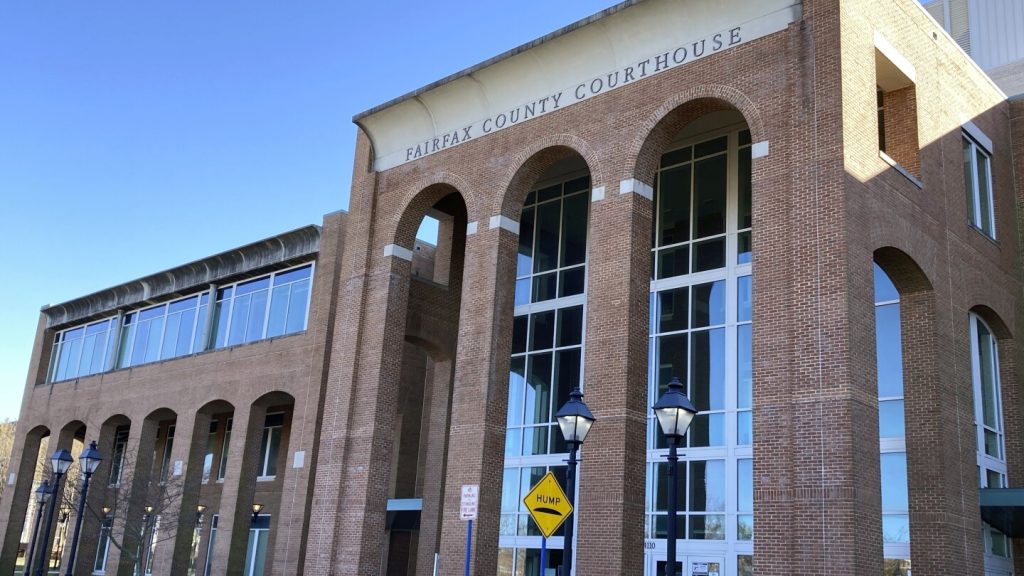A trial is currently underway in Virginia to determine whether frozen embryos should be considered property that can be divided and assigned monetary value. The case involves a divorced couple, Honeyhline and Jason Heidemann, who created two embryos during their marriage. Honeyhline wants to use the embryos to conceive a biological child after cancer treatment left her infertile, while Jason does not want to become a biological father to another child. The previous judge on the case ruled that embryos could be considered property under state law, citing a 19th-century law governing the treatment of slaves, but is no longer involved in the case.
Reproductive rights activists have expressed concerns over a ruling by the Alabama Supreme Court that deemed embryos as children under state law. In Virginia, there is limited case law regarding the treatment of embryos, with Honeyhline Heidemann’s lawsuit being brought under a partition statute that governs property division. Jason Heidemann’s lawyer argued that the law is not meant to deal with embryos and that they have special characteristics that require courts to balance competing interests, including a person’s right to procreational autonomy.
Attorneys for both parties presented their arguments in court, with Honeyhline’s attorney arguing that the partition statute applies if the embryos are classified as property and can be given a monetary value. Documents signed by both Heidemanns with the IVF provider referred to the embryos as property, therefore their value can be assessed. The attorney suggested that one embryo could be awarded to each party to divide the property. The judge expressed concerns about assigning a monetary value to the embryos but acknowledged the uniqueness of the case.
The judge, Dontae Bugg, stated that he will issue a ruling at a later date and emphasized that his decision would only apply to the Heidemanns’ case and not establish any sweeping precedent. The attorney for Honeyhline Heidemann suggested that the case presents novel issues but does not require headline-making decisions. He pointed out the specific language in the divorce settlement requiring the embryos to remain in storage “pending a court order,” which sets this case apart from future disputes. The judge accepted this notion, stating that his ruling would only apply to the unique circumstances of the Heidemanns’ case.


